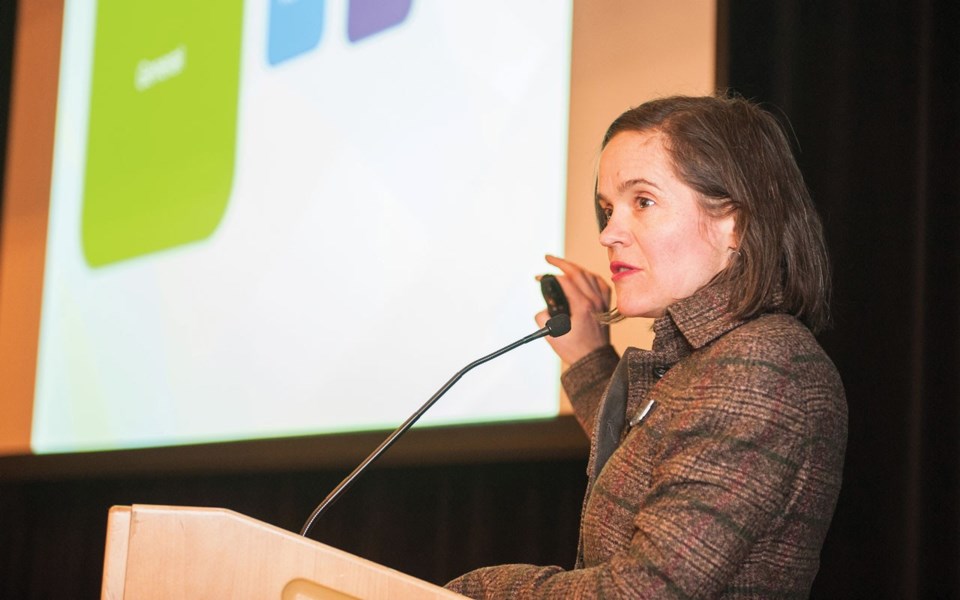The Resort Municipality of Whistler (RMOW) is making a change to its reserve establishment bylaw to help pay for infrastructure projects—now and in the future.
At the Feb. 12 meeting, council gave first three readings to a bylaw that would allow unallocated surpluses from the general fund to be transferred to the capital reserves (which support local infrastructure projects) rather than just the general operating reserve.
"The changes put the money in reserve accounts that allow the municipality to plan and to allocate on capital projects moving forward," said Mayor Jack Crompton. "It's forward thinking, forward looking. Longterm-ism."
At the end of 2017, the RMOW had amassed an unallocated surplus of $18.3 million, explained director of finance Carlee Price, in a presentation to council.
But the money exists in the form of a "liquid portfolio" of investments, making it less available as a source of capital spending.
To move the unallocated surplus to reserves, the RMOW has to change the language of its bylaw, Price said.
"On both an absolute and a relative basis ... the other reserves are better positioned to receive these unallocated surplus funds than the general operating reserve," she said.
An accompanying amendment to the Five-Year Financial Plan Bylaw 2018-2022 was also introduced and given first three readings at the meeting.
The amendment will allow the RMOW to reallocate $16,892,680 in surplus to three reserve accounts: $11,315,734 to the general capital reserve; $4,984,306 to the sewer capital reserve; and $592,640 to the solid waste capital reserve.
"Our goal in allocating money to the reserves is to balance the needs of each in absolute levels and in relation to each other," Price said. "We considered the reserve balance at the year-end 2017 and the effects of proposed projects on the reserve balances going forward, and determined that this allocation ... is the correct amount to allocate to those reserves."
It is worth noting that $1.4 million will remain in unallocated surplus, Price added.
"This can be a useful state for money in that it remains available to fund operating shortfalls without restricting our capital abilities," she said.
Whistler's 2019 draft budget was revealed at an open house on Feb. 4 (see Pique, Feb. 7).
The Five-Year Financial Plan Bylaw is tentatively scheduled for first three readings on March 26 and adoption on April 9, while the Tax Rate Bylaws are tentatively scheduled for first three readings on April 9.
In 2018, property taxes went up 2.25 per cent, solid waste user fees went up 4.5-per-cent and sewer parcel taxes 1.1-per-cent, while there was no increase to water rates.
Find the full project list, along with other budget materials, at www.whistler.ca/budget.




